The first General Secretary of the Party - Comrade Tran Phu was an excellent student of President Ho Chi Minh, an exemplary and resilient communist, an excellent son of the Party and the nation.
Comrade Tran Phu's life lasted only 27 years, with more than 8 years of revolutionary activities, nearly a year in the position of General Secretary, but he left the Party, generations of cadres, party members and people a shining example of intelligence, morality and steadfastness of an exemplary communist, an excellent theorist of the Party, who fought all his life for the cause of national liberation, class liberation and human liberation.
PATRIOTISM YOUTH WHO EARLY AWAKENED ABOUT THE REVOLUTION
Comrade Tran Phu was born on May 1, 1904 in An Tho village, An Dan commune, Tuy An district, Phu Yen province; his hometown is Tung Anh commune, Duc Tho district, Ha Tinh province. Since his school days, Comrade Tran Phu had nurtured the idea of finding a way to save the country, and soon joined the "Tu Tien Association" to meet and make friends with like-minded people and nurture his patriotism.
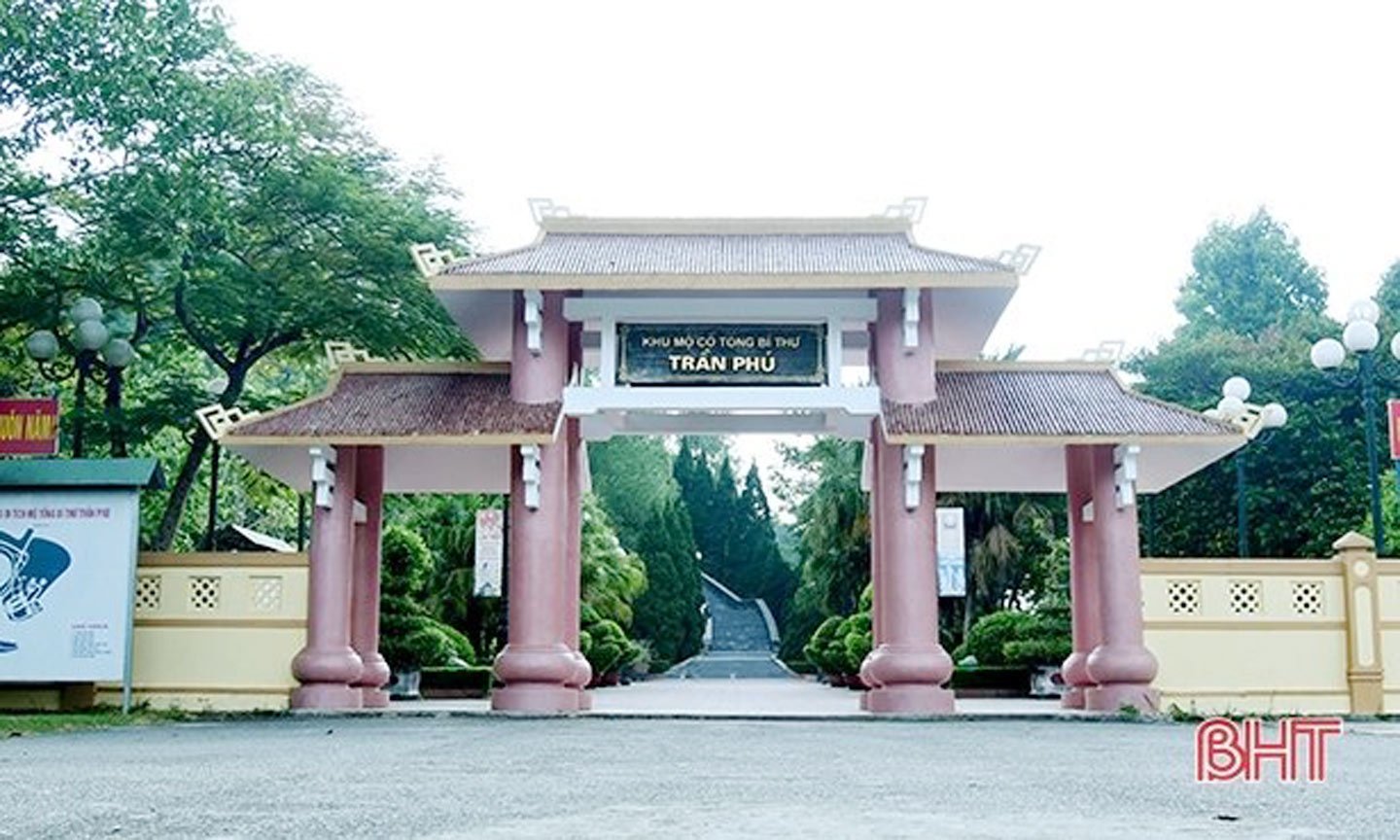 |
| Memorial area of General Secretary Tran Phu in Tung Anh commune, Duc Tho district, Ha Tinh province. Photo: baohatinh.vn |
In July 1925, he joined the Phuc Viet Association - an organization of progressive patriots and soon became a leading member of the Association (later, the Phuc Viet Association changed its name to the Hung Nam Association and the Vietnam Revolutionary Party, Tan Viet Revolutionary Party).
The major turning point in the revolutionary life of comrade Tran Phu, which turned the patriotic young man into a communist, was when he was sent by the organization to Guangzhou (China) to contact the Vietnam Revolutionary Youth Association to discuss the merger of two revolutionary organizations.
Here, comrade Tran Phu met leader Nguyen Ai Quoc, attended the second cadre training course taught by comrade Nguyen Ai Quoc and was admitted to the Vietnam Revolutionary Youth Association. The training course equipped comrade Tran Phu with basic knowledge of Marxism-Leninism and proletarian revolution. From here, he switched to the stance of the proletariat.
In November 1926, with the trust of leader Nguyen Ai Quoc, comrade Tran Phu was selected to study at the Oriental University (Soviet Union) from 1927 to 1929. During the 3 years of studying in the Soviet Union, comrade Tran Phu gained a rich knowledge of Marxist-Leninist theory, the national liberation movement in colonial and dependent countries, and the proletarian revolution. Combined with the vivid reality in the brother country, comrade Tran Phu made great strides in his awareness, level and capacity for revolutionary activities, ready to take on the new responsibilities assigned by the Party and the country.
INTELLIGENT AND CREATIVE COMMUNISTS
During his glorious revolutionary career, comrade Tran Phu left the Party and the people invaluable legacies, one of which was contributing to the formulation of correct and creative revolutionary lines during the period when the Party was newly established.
After graduating from the Oriental University, in November 1929, comrade Tran Phu received instructions from the Communist International and began his journey back home to work. In early 1930, he returned to Saigon, then went to Hong Kong (China) to meet leader Nguyen Ai Quoc and was informed about the founding of the Party. In April 1930, he returned home to work and was assigned by the Provisional Party Central Committee to draft the Party's Political Platform. In July 1930, after completing a survey trip to several localities in the Northern Delta to gain practical experience in drafting the Platform, he returned to Hanoi and was elected to the Provisional Party Central Committee.
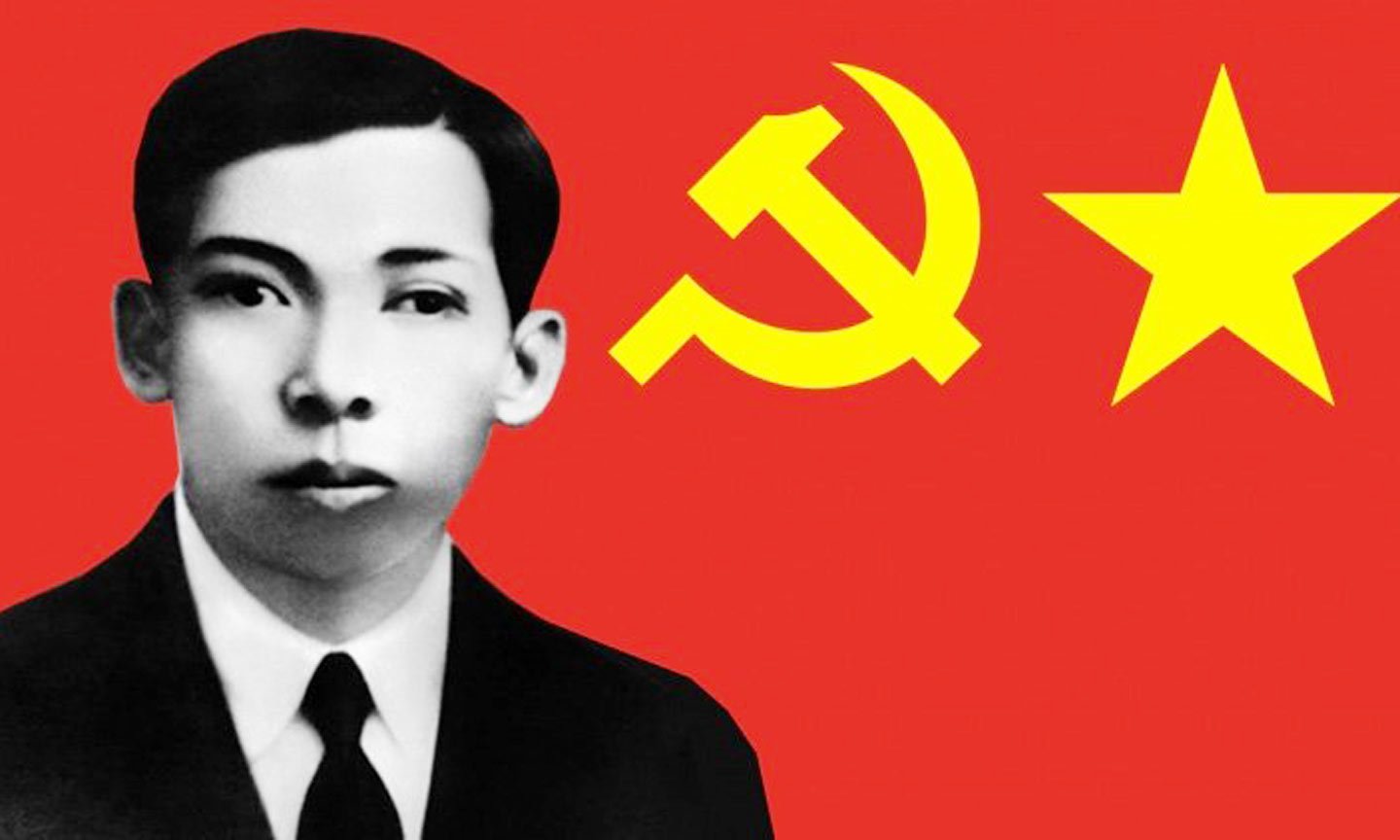 |
| In the heart of communist Tran Phu, there always burned the will to fight for national liberation and people liberation. |
The Political Platform drafted by Comrade Tran Phu and approved by the Party Central Committee Conference (October 1930) was an important document of the Party, creatively applying the principles of Marxism-Leninism on the national and colonial issues along with the basic theses in the Brief Platform and Brief Strategy drafted by Nguyen Ai Quoc and approved at the Party Founding Conference. The Platform determined the nature of the Indochina revolution as initially a bourgeois democratic revolution with an anti-imperialist agrarian character, then moving towards a socialist revolution, bypassing capitalism.
Identifying the increasingly fierce class contradictions: “On one side are workers, peasants and toiling elements; on the other side are landlords, feudalists, capitalists and imperialists”, the Platform emphasized the two tasks of the revolution, fighting against imperialism and feudalism, which are closely related to each other; at the same time, it reaffirmed many issues that the Platform had raised such as revolutionary lines, revolutionary forces, international solidarity, and the leadership role of the Party.
The thesis also had creative points such as proposing revolutionary methods and Party principles of Marxism-Leninism. The Political Thesis drafted by Comrade Tran Phu strictly followed the Directive and guidance of the Communist International, faithfully reflecting the viewpoints and guidelines of the 6th Congress of the Communist International.
At the Conference, with the election of the official Party Central Committee, the Party was organizationally consolidated for the first time. Comrade Tran Phu was elected as the first General Secretary of the Party. The results of the Conference marked the Party's maturity in many aspects with its prestige and strong appeal, contributing to the rapid development of the Indochina revolutionary movement. As the first General Secretary, Comrade Tran Phu made great contributions to building the Party politically, ideologically and organizationally.
The Political Platform drafted by him was an important document of the Indochinese Communist Party, the basis for the Party to develop policies and strategies throughout the revolutionary struggle. Therefore, President Ho Chi Minh evaluated him as “A very intelligent, enthusiastic and hard-working person, Comrade Tran Phu has done many important things for the Party”, a perceptive, intelligent and creative communist.
A BRIGHT EXAMPLE OF A LOYAL COMMUNIST SOLDIER
Comrade Tran Phu was an exemplary communist who set an example of steadfastness and indomitability in the face of the enemy. During the years 1930 - 1931, a large revolutionary movement, culminating in the Nghe Tinh Soviet, developed throughout the country. Comrade Tran Phu, together with the Central Party Standing Committee, directly directed the movement. In March 1931, Comrade Tran Phu chaired the second Central Conference in Saigon, aiming to consolidate Party and mass organizations and maintain the struggle movement after the Nghe Tinh Soviet was terrorized by the enemy.
Due to the betrayal of a member of the organization, on April 18, 1931, comrade Tran Phu was arrested in Saigon, taken to the Polo outpost and then to the Catina outpost. They used all means from seduction, bribery to cruel torture, hoping to force him to reveal the Party organization and his comrades and teammates. However, they all failed before the indomitable spirit of the young communist. They then plotted to kill him through a reactionary and unjust court system. Facing the jury, comrade Tran Phu boldly answered his name and position as General Secretary.
In the most difficult and harsh circumstances, comrade Tran Phu was always steadfast and had strong faith in the inevitable victory of the just struggle and revolution that the Party led for his comrades and teammates in prison.
Many struggles were organized to expose the invasive and brutal nature of the colonial regime and its lackeys; at the same time, to demand improvements in harsh prison conditions. Discussions and theoretical training and work experience for political prisoners were organized by comrade Tran Phu right in colonial prisons.
Due to the increasingly serious tuberculosis, combined with brutal torture and harsh prison conditions, comrade Tran Phu's health gradually deteriorated. Due to his serious illness, on September 6, 1931, he breathed his last at Cho Quan Hospital, at the age of 27.
Before passing away, he used his remaining strength to tell his comrades and teammates: "Before and after, I only hope that you will maintain your fighting spirit!" That message of comrade Tran Phu has gone down in history, becoming a word of encouragement, a motto and an ideal of life and dedication for many generations of cadres, party members and youth.
Although his revolutionary career was short, Comrade Tran Phu made a great and especially important contribution to the Party during the vibrant struggle period of 1930 - 1931. He was a shining symbol of a leader who was loyal to the country and devoted to the people; an intellectual and exemplary communist.
LIKE JADE (synthesis)
.
Source


![[Photo] President Luong Cuong presents the decision to appoint Deputy Head of the Office of the President](https://vphoto.vietnam.vn/thumb/1200x675/vietnam/resource/IMAGE/2025/5/8/501f8ee192f3476ab9f7579c57b423ad)
![[Photo] General Secretary concludes visit to Azerbaijan, departs for visit to Russian Federation](https://vphoto.vietnam.vn/thumb/1200x675/vietnam/resource/IMAGE/2025/5/8/7a135ad280314b66917ad278ce0e26fa)
![[Photo] National Assembly Chairman Tran Thanh Man chairs the meeting of the Subcommittee on Documents of the First National Assembly Party Congress](https://vphoto.vietnam.vn/thumb/1200x675/vietnam/resource/IMAGE/2025/5/8/72b19a73d94a4affab411fd8c87f4f8d)

![[Photo] General Secretary To Lam begins official visit to Russia and attends the 80th Anniversary of Victory over Fascism](https://vphoto.vietnam.vn/thumb/1200x675/vietnam/resource/IMAGE/2025/5/8/5d2566d7f67d4a1e9b88bc677831ec9d)
![[Photo] Prime Minister Pham Minh Chinh meets with the Policy Advisory Council on Private Economic Development](https://vphoto.vietnam.vn/thumb/1200x675/vietnam/resource/IMAGE/2025/5/8/387da60b85cc489ab2aed8442fc3b14a)




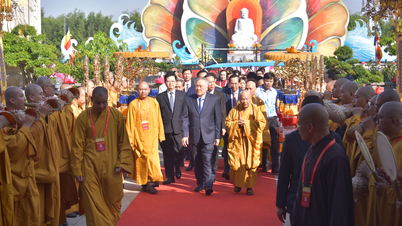

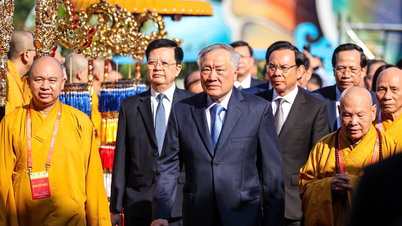
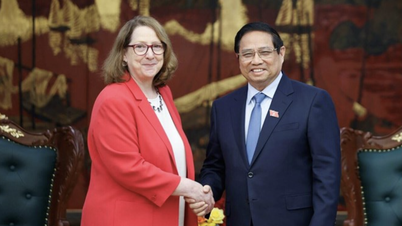

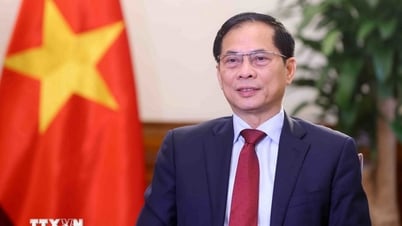

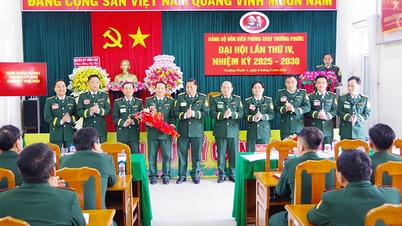
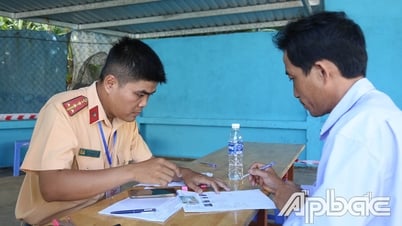
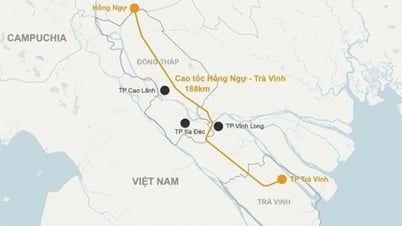
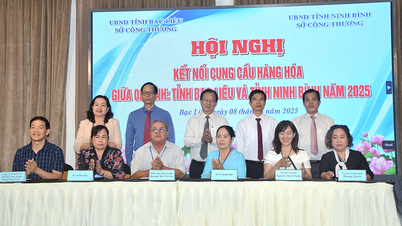
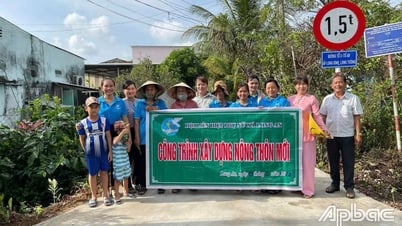
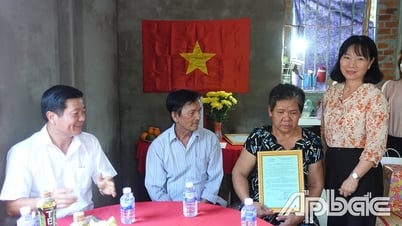






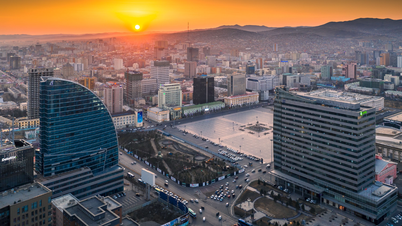
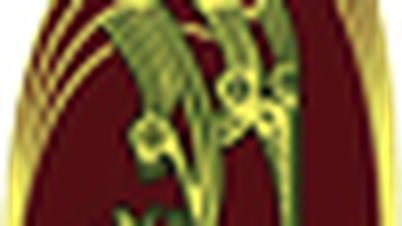
































![[Photo] Prime Minister Pham Minh Chinh talks on the phone with Singaporean Prime Minister Lawrence Wong](https://vphoto.vietnam.vn/thumb/402x226/vietnam/resource/IMAGE/2025/5/8/e2eab082d9bc4fc4a360b28fa0ab94de)














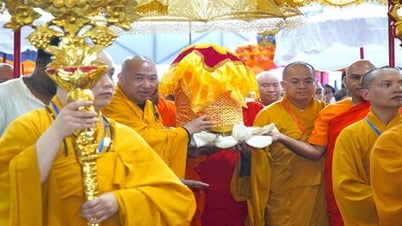

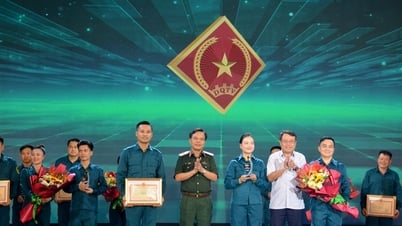

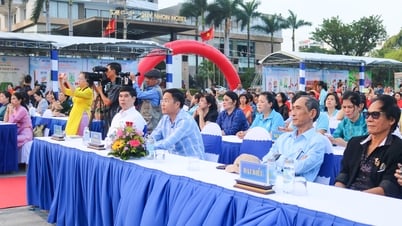

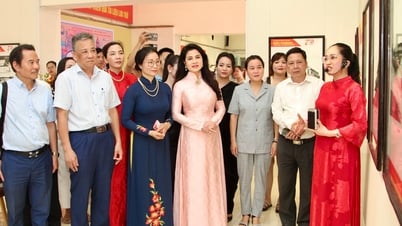













Comment (0)